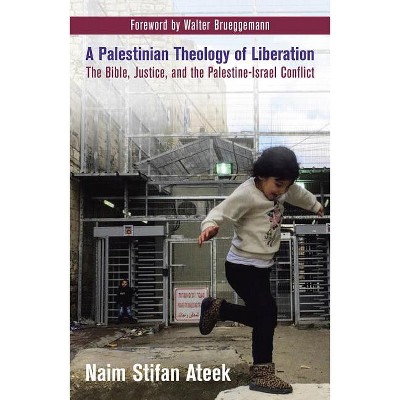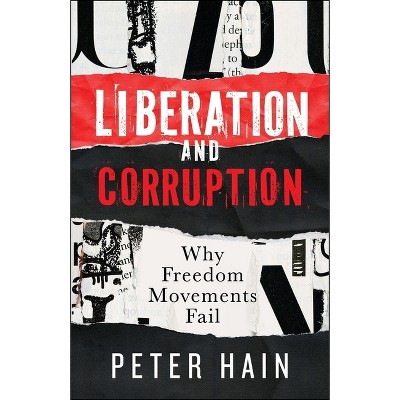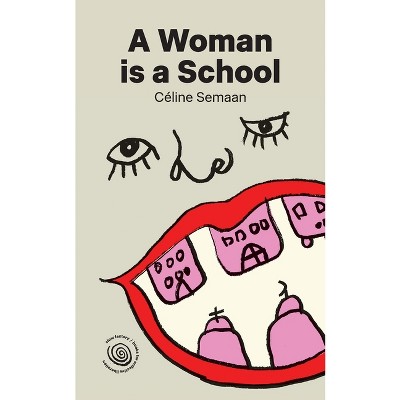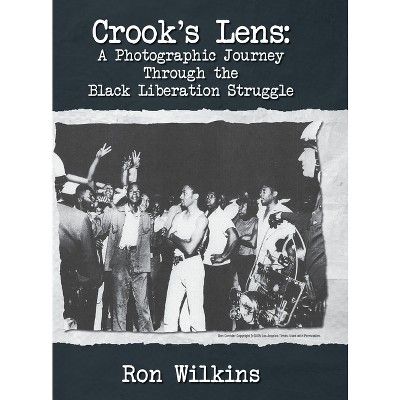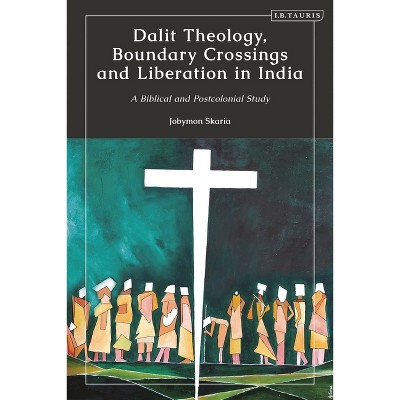Sponsored

Lordship and Liberation in Palestine-Israel - by Muhannad Ayyash
In Stock
Sponsored
About this item
Highlights
- This interdisciplinary book provides timely fresh perspective on Palestine-Israel by rethinking the nature of settler-colonial sovereignty and the relationship between land and people.
- About the Author: Muhannad Ayyash is professor of sociology at Mount Royal University in Calgary.
- 384 Pages
- History, Middle East
Description
About the Book
This interdisciplinary book provides timely fresh perspective on Palestine-Israel by rethinking the nature of settler-colonial sovereignty and the relationship between land and people.Book Synopsis
This interdisciplinary book provides timely fresh perspective on Palestine-Israel by rethinking the nature of settler-colonial sovereignty and the relationship between land and people. Muhannad Ayyash argues that this relationship comes in two distinct forms: a settler-colonial type, practiced by the Israeli state, that consists of "lordship" over land and people, and a decolonial type, seen in Palestinian popular organizing, that he calls "land as life," a reciprocal bond. The former is characterized by private ownership, possession, and violent expulsion of others; the latter by communal ownership, belonging to the land, and opposition to the violence of expulsion.
Ranging widely across theory and history, Ayyash contends that the opposition between these two types is at the core of the Palestinian-Israeli struggle. The choice before us today, he concludes, is between the continuation of the Israeli settler-colonial project in particular and the project of colonial modernity in general, or the commencement of a decolonial age in Palestine-Israel and beyond. Offering both novel theorizations and politically engaged analysis, Lordship and Liberation in Palestine-Israel illuminates how decolonial sovereignties represent an alternative to settler-colonial violence.Review Quotes
With bold and confident prose, Muhannad Ayyash argues that there are two kinds of claims on contested land: one with a violently delusional sense of lordship, and another that forms a national liberation movement rooted in land as life. Ayyash makes an audacious political proposition that decolonial sovereignty is not only imaginable but is in fact boldly staring us in the face. One of the most brilliant pieces of political philosophy I have read in a long time.--Hamid Dabashi, author of The End of Two Illusions: Islam after the West
With bravery and rigor and in the midst of the interminable grief of genocide, Muhannad Ayyash does not simply tackle violence and settler colonialism, he also charts an alternative path for being, doing, and thinking. Ayyash offers Palestine as the site from which to imagine and realize a decolonial world.--Sherene Seikaly, author of Men of Capital: Scarcity and Economy in Mandate Palestine
About the Author
Muhannad Ayyash is professor of sociology at Mount Royal University in Calgary. He is the author of A Hermeneutics of Violence: A Four-Dimensional Conception (2019). Ayyash is also a policy analyst at the think tank Al-Shabaka: The Palestinian Policy Network.





